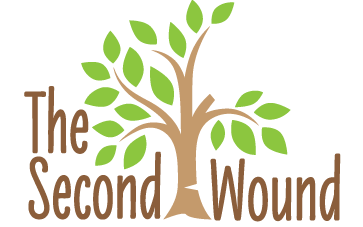“They would never do that.”
These are dangerous words when spoken in response to concerns about potential sexual abusers. And yet, I regularly hear stories about people answering this way when confronted with someone who might pose a danger to children.
The surest way to keep kids safe from sexual abuse is to err on the side of caution–no exceptions. It worries me when I see how easily some families ignore, overlook, and dismiss warning signs. Individuals in question who demonstrate questionable boundaries, make sexual innuendo, and exhibit secrecy should set off alarm bells about their access to children. And that access should never be given lightly. Not on the basis of assumptions or convenience.
Even if the person in question seems warm and kind. Or…
might get their feelings hurt
is teaching the child a valuable skill
is a source of financial and/or emotional support
is a family friend
is a family member
is generous with time and gifts
is available and willing to provide childcare
has watched the kids before.
All of the above can be persuasive factors. NONE are protective factors. This is a crucial point. Habitual sexual abusers are in fact likely to fit at least one if not more of these descriptors in a child’s life. They use their role to gain trust before committing sexual abuse. We’ve all heard the stories of parents and guardians who assume the best and are shocked to discover that a trusted teacher, neighbor, or uncle has abused their child. Sadly, it happens far more often than most people realize.
This is because perpetrators take advantage of our faith in human nature. We have a tendency to project our own motivations onto other people; if we act with good intentions, we naturally believe those around us will do the same. We want (and ideally, should be able) to trust the people in our extended family and our child’s world. But the sad reality is that abusers are good at earning people’s trust and hiding their destructive behaviors. So while the fault for sexual abuse lies with the abuser and not well-intentioned guardians, we all have a responsibility to carefully assess every person who has access to kids.
We start by becoming educated about red flags and grooming.
In cases where sexual abuse is known or suspected, parents can contact their nearest National Children’s Advocacy Center for help. This and other excellent organizations can be found on The Second Wound website Resources Page.
The most concerning to me is parents who leave their children in the care of family members with a history of abusive behavior. Tragically, there are people who are willing to take an abuser’s word that they are cured of the behavior.
Past is not always present but it IS a strong predictive factor.
No matter how small the risk may seem, children should never be left alone with individuals who have a history of committing sexual violations. The same goes for someone who exhibits typical grooming behaviors, such as paying special attention to a child, desensitizing them to physical contact, exerting control over them, and exposing them to nudity and/or sexual materials.
Child care is a very real challenge for parents today. Caregivers of young children need and deserve all the help they can get. But we must be vigilant about every person who has access to our kids. It is our job as adults and protectors of children to take warning signs seriously and do whatever we can to keep kids safe from the threat of sexual abuse.
After all, the stakes could not be any higher.

